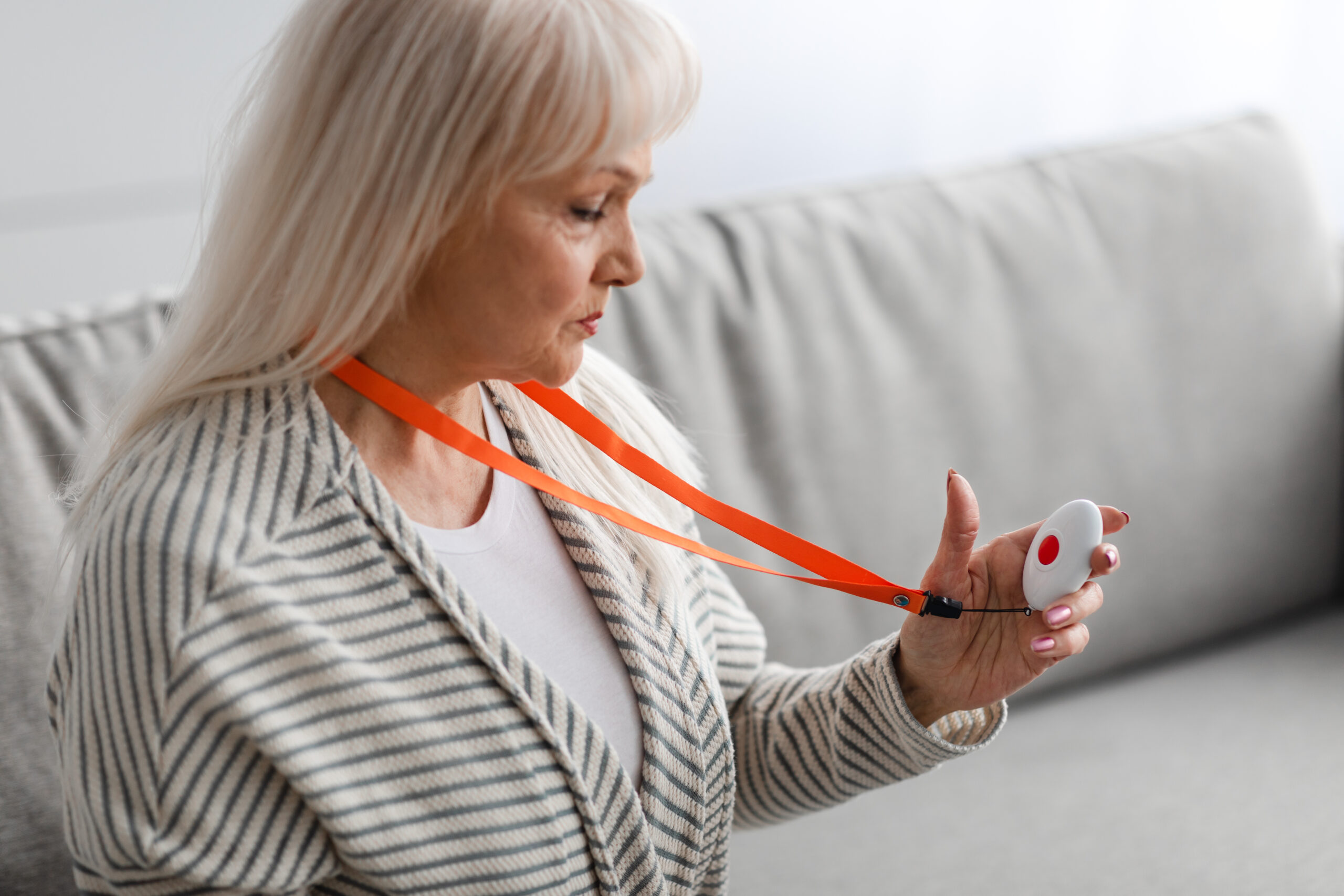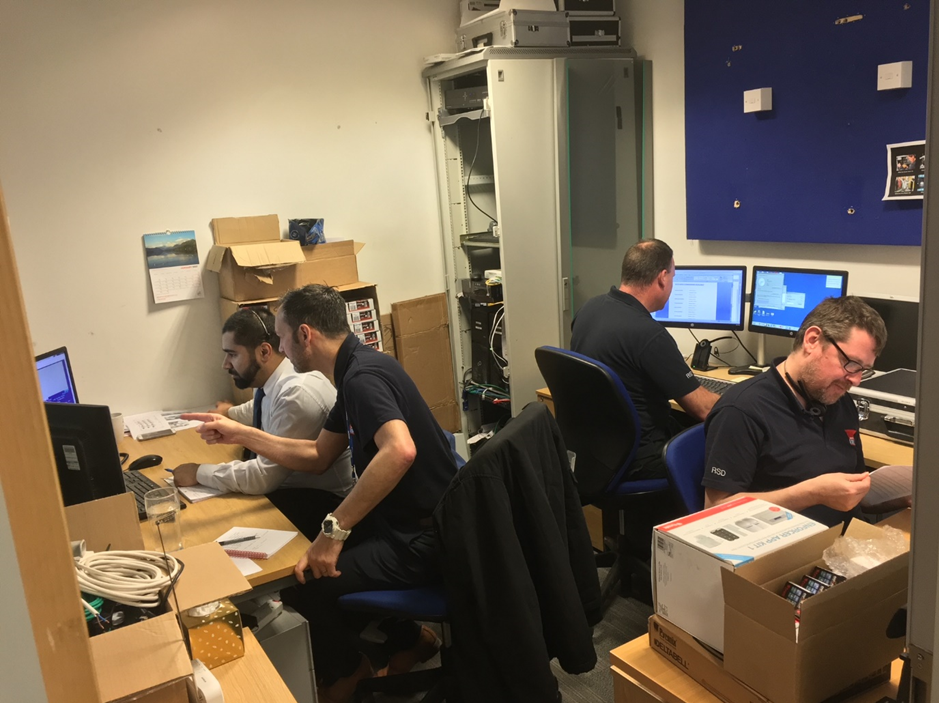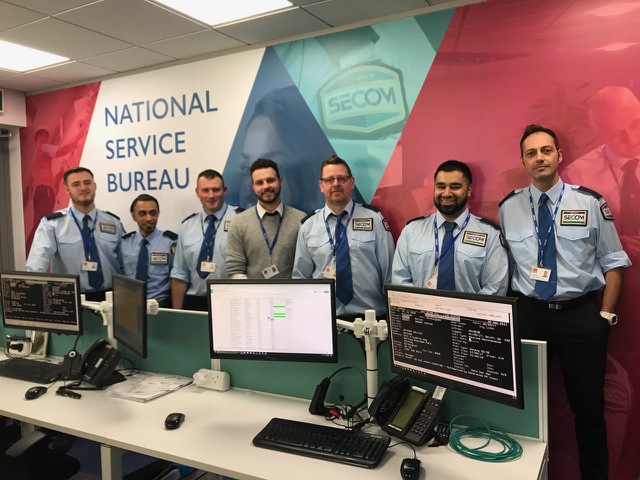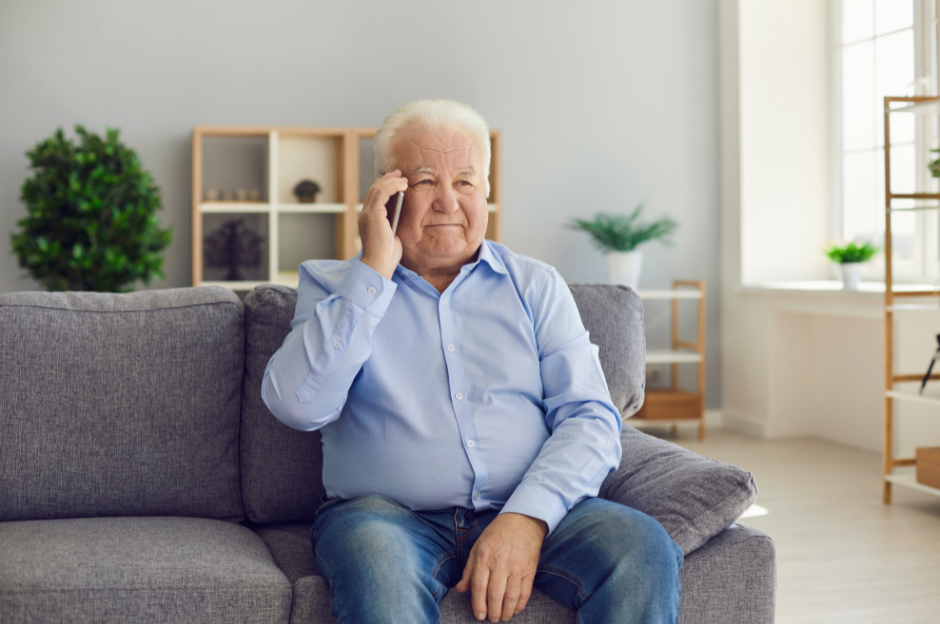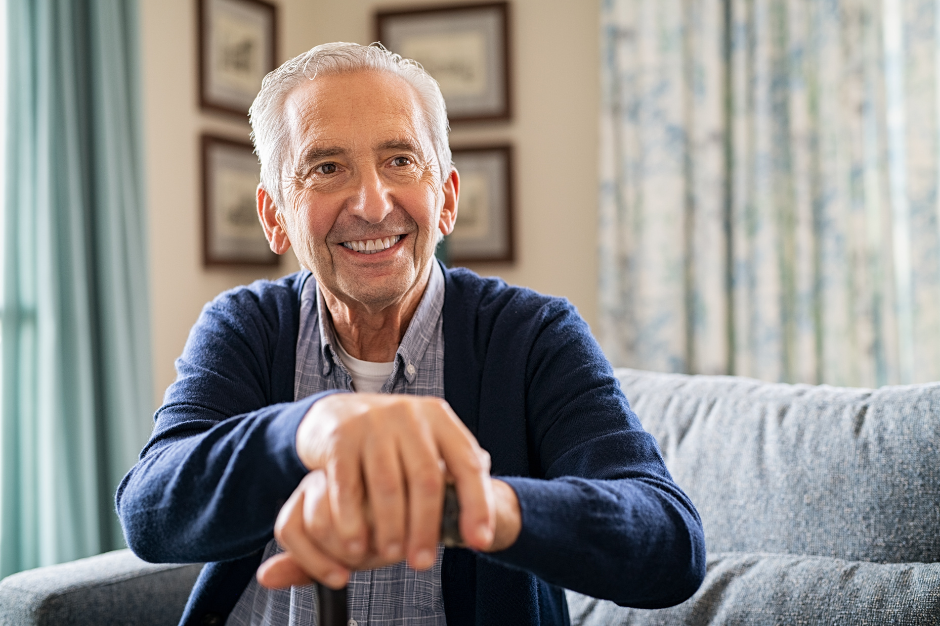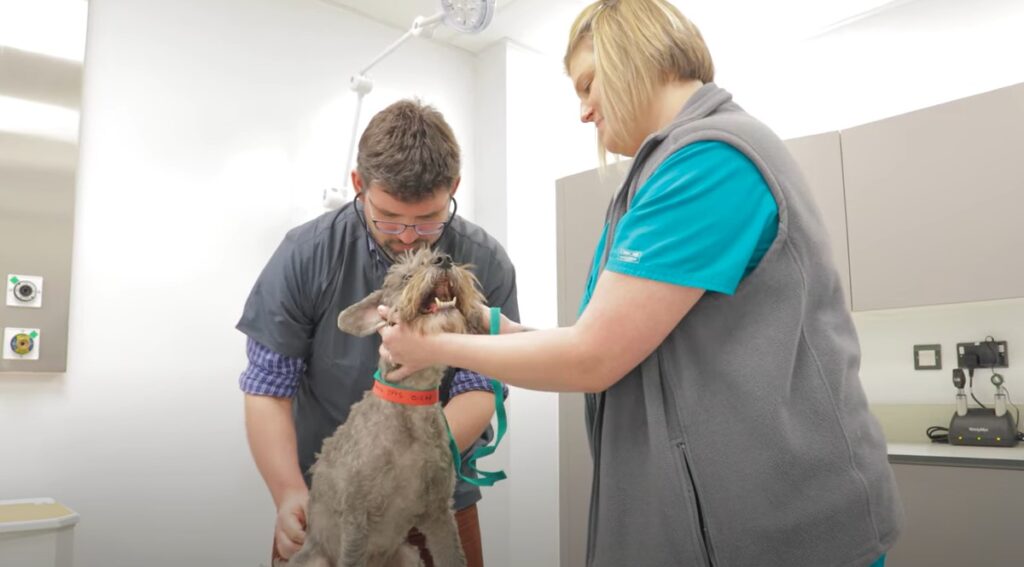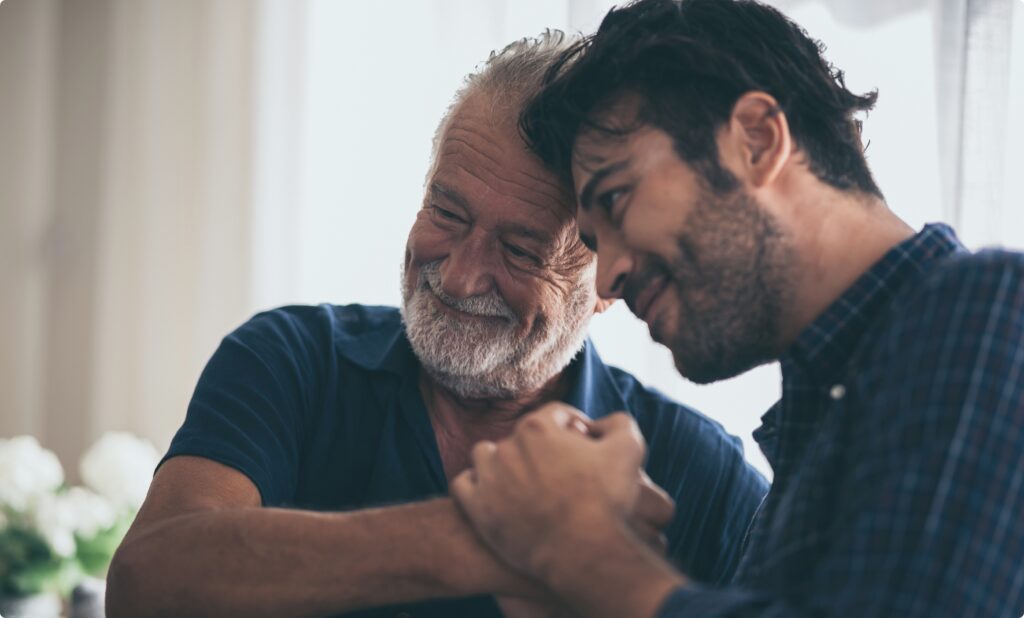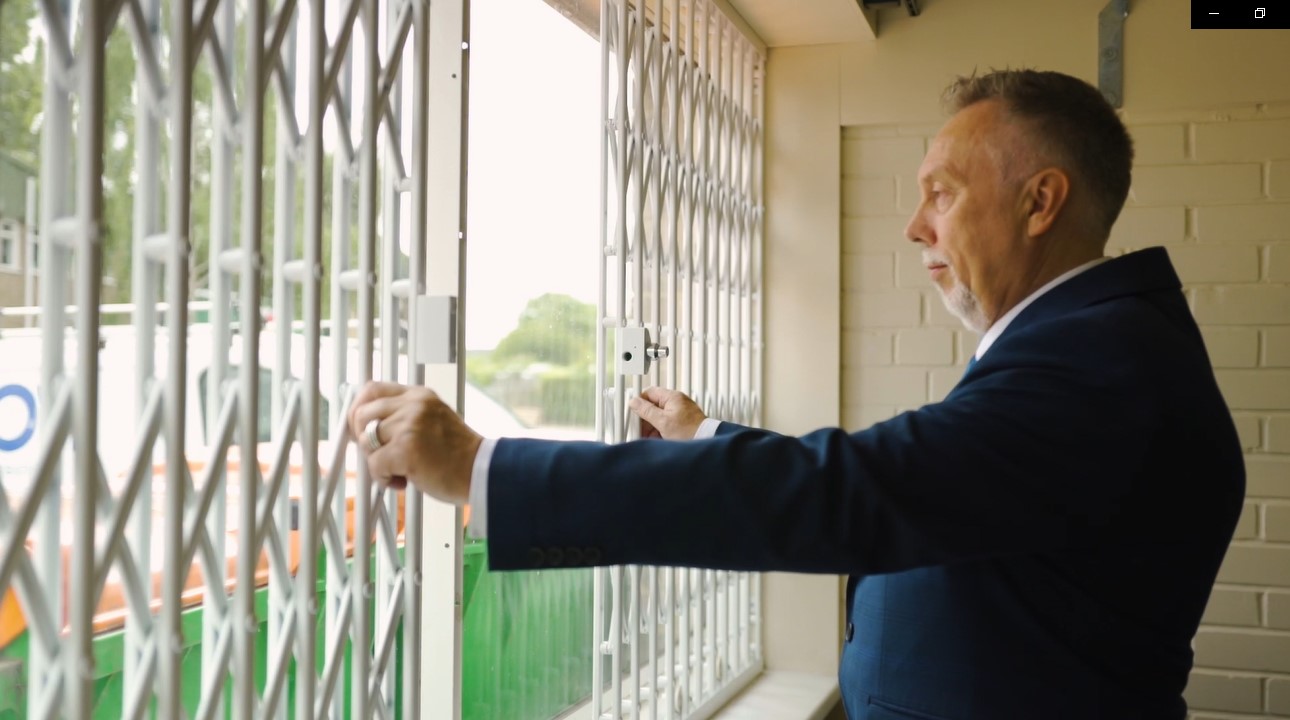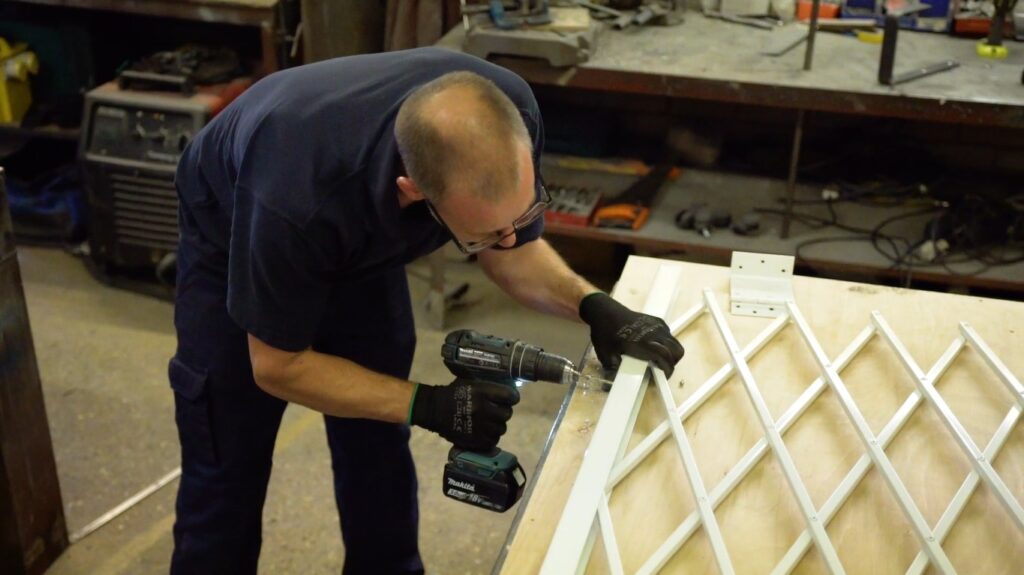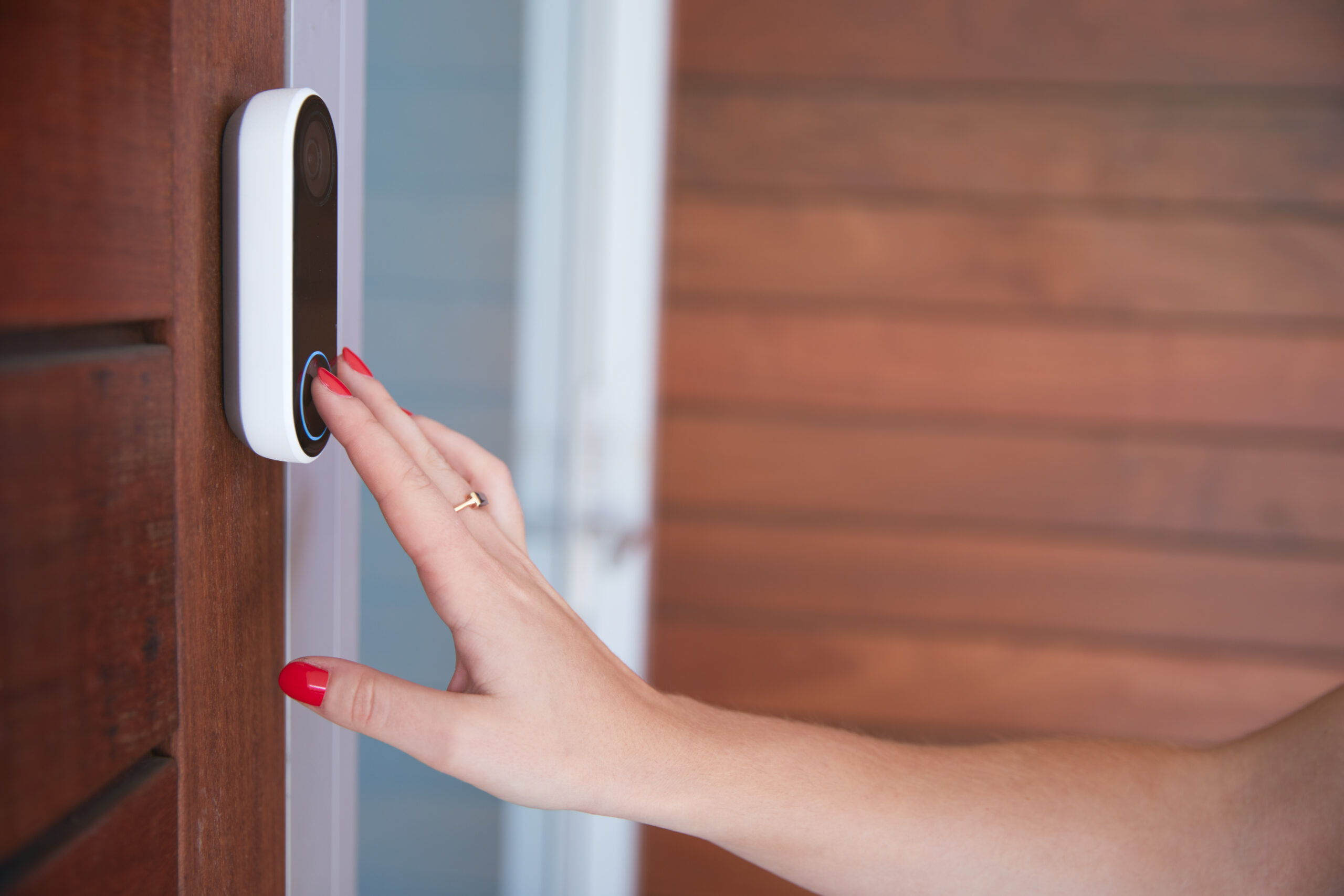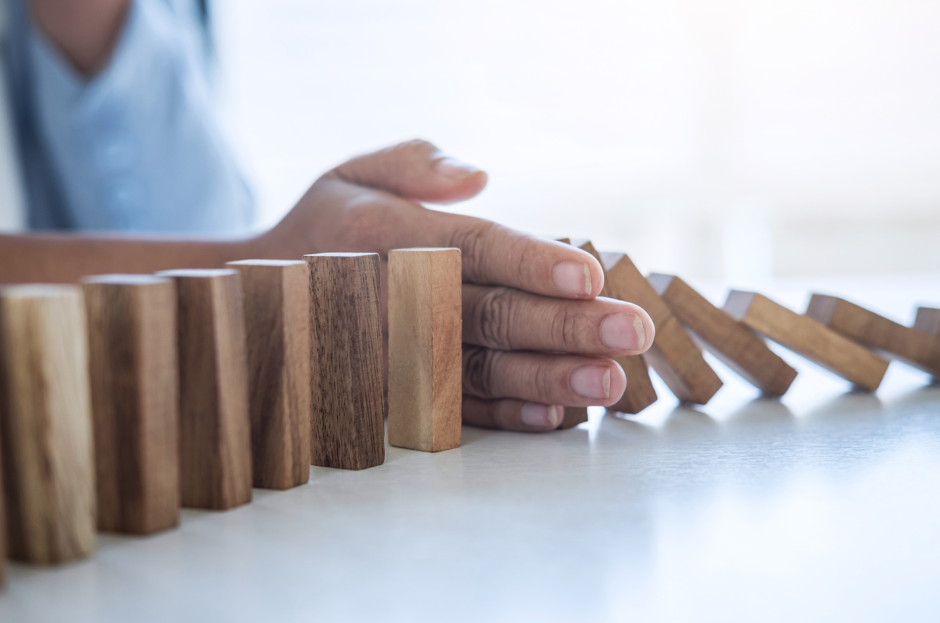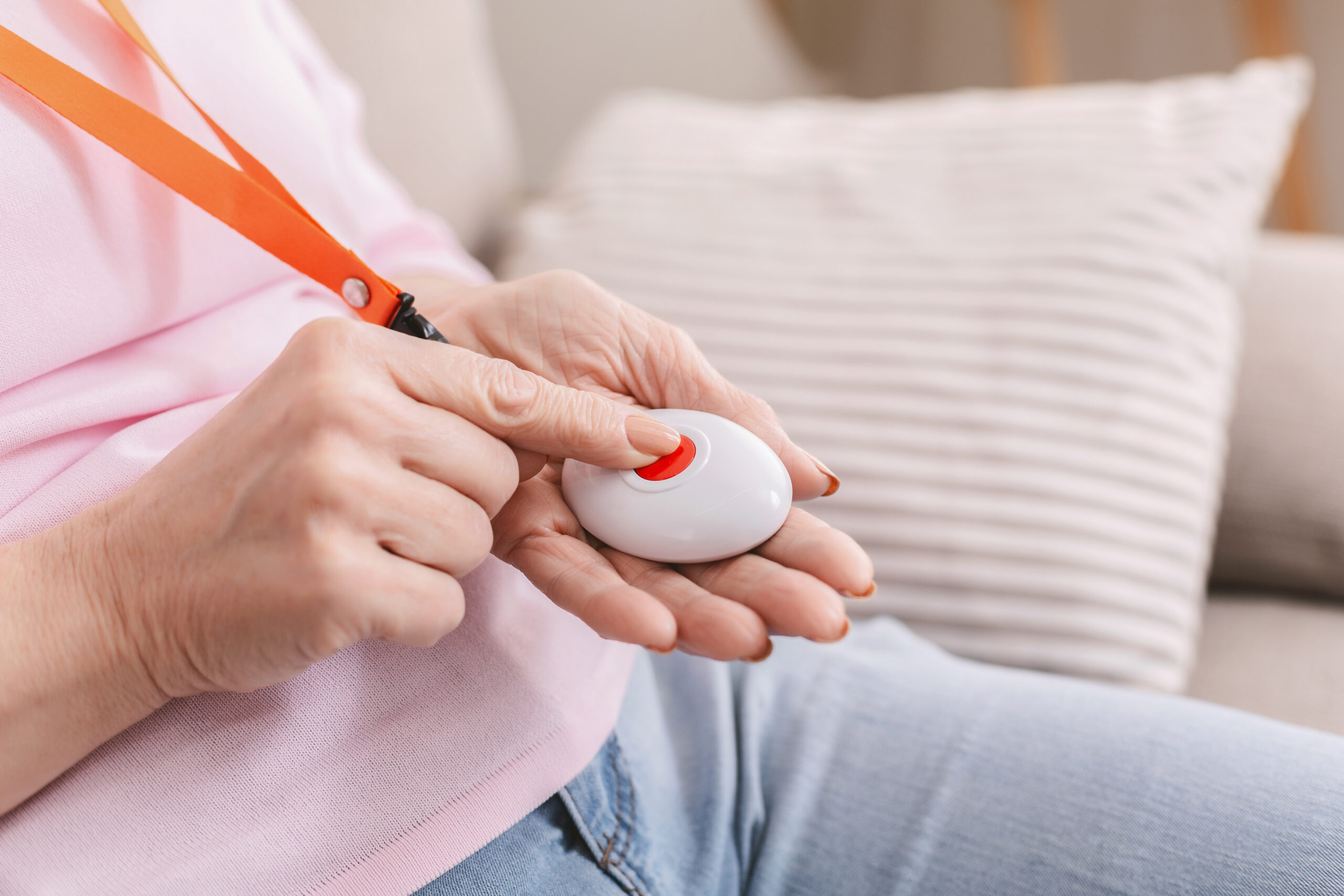While Christmas is a time for giving, it can also be a time for taking. Insurance claims for theft over the Christmas period can rocket by more than 20%. Crowded shops, large ATM withdrawals, expensive presents, being away from home for longer and the distraction of the hustle and bustle all add up to opportunities for thieves – and heartbreak for you and your family.
This year SECOM have shared some useful tips to help remind you that preparing for your safety and security is vital for the lead up to Christmas to keep your home and family safe and secure whilst you enjoy the festive season. Share this blog with your family and friends to help keep everyone safe across the country.
Out and about Christmas shopping
- Be vigilant when withdrawing money from an ATM. Simply move on if there are any suspicious-looking individuals hanging around. Always shield the keypad with your hand to protect your PIN number.
- If you feel the ATM isn’t working properly, press Cancel to withdraw your card and try another machine.
- Keep your personal belongings close to your body and carry as little cash as possible. Be aware of who is around you when using your mobile phone in public places and keep valuables out of sight.
- Doing your Christmas shopping early means less crowds and less opportunity for pickpockets.
- Do not leave presents and bags on show in vehicles as it’s easy pickings and always park in well-lit public places.
Keep your home safe and secure this Christmas
- Don’t leave your presents and gifts under your Christmas tree or on display. Carefully dispose of any packaging from expensive gifts.
- With an increase in online shopping, package theft is more common. Installing a video doorbell is a great way to monitor package deliveries and also speak to unwanted visitors.
- The best deterrent for burglaries is to invest in a smart home security system installed by professionals like us to give you peace of mind 24/7 whether you are home or away.
- Always fit good-quality locks on doors and windows. If you go out even for a short time, make sure you lock up and always keep keys away from windows and doors.
- If you are away for Christmas, make the house look occupied. If you have smart switches or smart lights, you can automate these to turn off and on. You can also turn on a radio.
- If you’re going to be away for several days, ask someone you trust to empty your post box and check on your home.
- Make sure you don’t announce your travel plans on social media. You don’t know who is watching.
- Encourage communication with neighbors and consider forming a neighborhood watch during the holiday season. Look out for each other’s homes and report any suspicious activity.
Fire safety at Christmas
- Make sure you don’t overload your plugs sockets, as this is the most common cause of home fires.
- Ensure that your smoke detectors, carbon monoxide detectors, and other home security alarms are in good working condition. You should replace the batteries once a year.
- Be cautious with holiday decorations, especially those that involve lights or candles. Ensure that all decorations are placed away from flammable materials and turned off when you leave the house or go to bed.
- If you have a Christmas tree, make sure it is well-secured to prevent accidental tipping, especially if you have pets or small children. Water the tree regularly to reduce the risk of it drying out and becoming a fire hazard.
- Don’t let too many cooks spoil your holiday. Avoid overcrowding the kitchen and keep flammable items away from your cooking area. Keep children out of the kitchen if possible, and watch them closely when they are present.
- Be alert when cooking. If you’re sleepy or have consumed alcohol, set timers and don’t leave anything unattended otherwise you may ruin your Christmas dinner.
- Be careful when frying anything. In the event of a small grease fire, smother the flames by sliding a lid over the pan and turning off the burner. Remove lid once completely cooled. Small oven fires can be put out by turning off the heat the keeping the door closed.
We hope you enjoy our Christmas safety tips. Stay safe and have a very merry Christmas and a happy New Year from everyone at SECOM!

Check out our 2023 Christmas card!
Smart Home Security
From intruder alarms, CCTV and video doorbells, SECOM’s Smart Security can keep your home and your family safe this Christmas. Get in touch with us to find out more and get a free quote.

